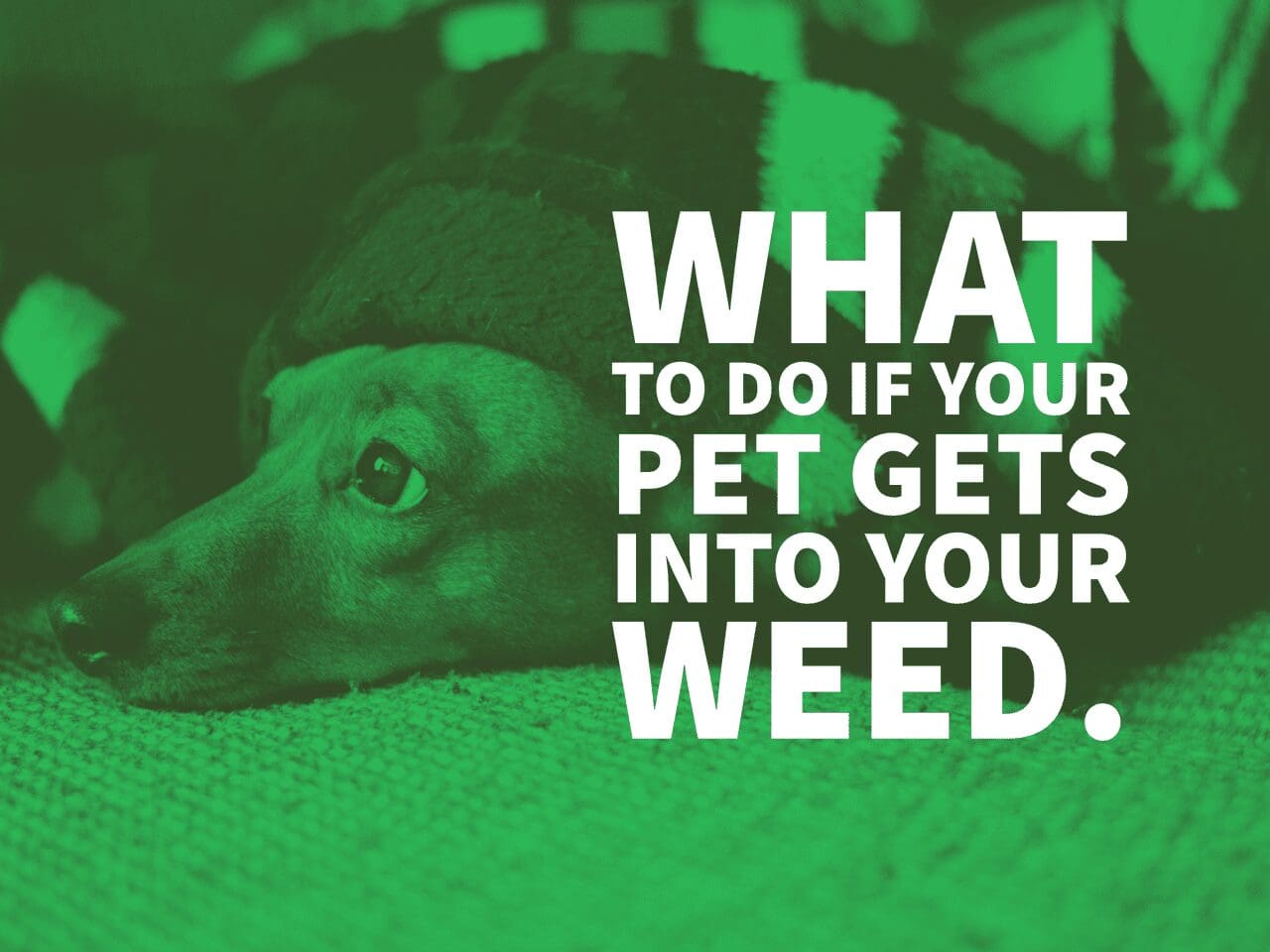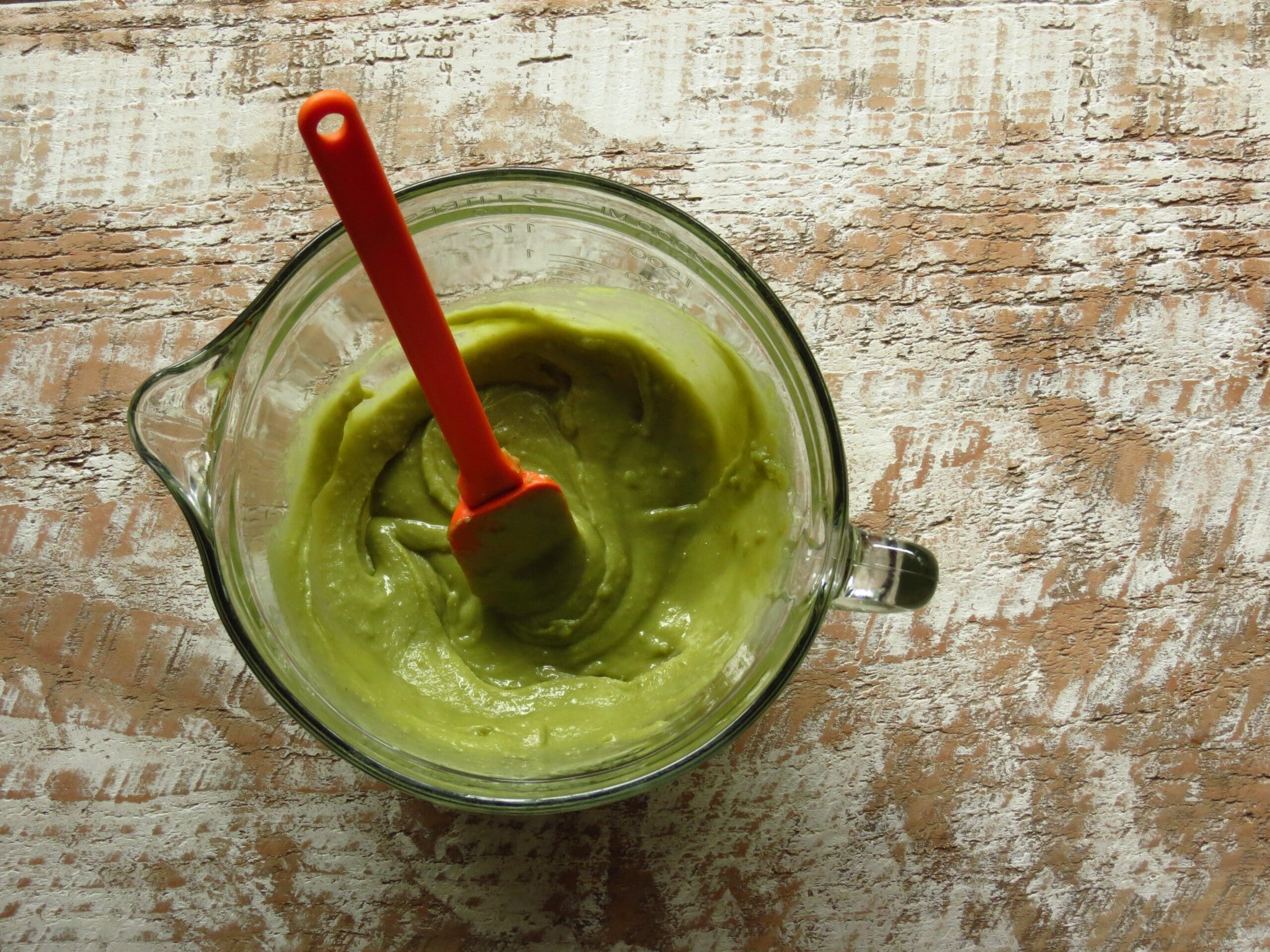It’s a nightmare situation. You come home and see your dog has helped itself to the edible gummies you forgot to put away or your cat has torn up your bag of buds and indulged. However you got here, one thing is universal: You’re worried sick.

With more states legalizing cannabis, it’s no surprise that pets are accidentally getting exposed to the plant by their owners. Most veterinarians agree dogs are more likely to ingest marijuana than cats, possibly because they’ll ingest just about anything, but cats can still end up in a predicament.
It’s important to note that although dogs and cats have endocannabinoid systems similar to humans, they don’t function in the same ways. When pets ingest cannabis, they don’t ever experience any “fun” part of being high. Instead, they may display some neurological symptoms and distress.

What are the symptoms of pet cannabis intoxication?
The symptoms of intoxication for dogs and cats are not fun and can be scary to witness.
Look out for:
- Wobbly or uncoordinated movements
- Hyperactivity
- Disorientation
- Dilated pupils
- Excessive drooling
- Vomiting
- Leaky urination
- Seizures (severe cases)
- Tremors (severe cases)
- Coma
Changes in heart rate, blood pressure, and energy levels may be observed as well. Most of the symptoms are short-lived, fortunately, (though they can be scary to endure.)

My pet ate my weed – what do I do?
Start by remaining calm. If it’s been under an hour since initial ingestion, you can potentially induce vomiting to remove the poison. But your first step should be to get in touch with a pet health professional.

Call an emergency vet line or go to your vet
This is especially useful for the first hour after ingestion. Veterinarians can induce vomiting (or instruct you to over the phone) to remove the toxin from your pet’s body.
Treatment is not always necessary, especially if small quantities are ingested and the symptoms do not appear strong. However, you’ll want to confirm by talking with an expert before deciding to wait out the recovery.
It’s important not to guess if your pet should receive treatment. Talk to a professional. In some cases, veterinarians will have to pump the stomach or administer enemas to reduce absorption. They may also give activated charcoal to your pet to neutralize the toxins.
They may give your pet anti-anxiety medications to combat negative responses or administer fluids to prevent dehydration, as well.

Don’t be scared to tell the truth to your veterinarian
Veterinarians still have many patients come in and deny that their obviously intoxicated pets could have gotten into marijuana. Many owners fear that they’ll be reported. But the veterinarian’s job is to advocate for the safety of the animal, not report owners for drug possession.
It’s not just annoying when owners won’t be honest. It can affect the pet’s chance of recovery, too. Veterinarians just want to know what happened so they take the best action to fix it. So be honest.

Final thoughts on pets ingesting weed
Realizing your pet got into your weed stash can be terrifying. If it happens, try not to panic and get in touch with a professional as soon as you can.
Gauge the severity based on how your pet is acting. You may need to take them straight to your veterinarian rather than wait to call if they are exhibiting severe symptoms.
If you don’t know exactly what your pet got into, head to the vet. While marijuana toxicity is scary enough on its own for our furry friends, marijuana combined with chocolate or tobacco (two common combinations) is more likely to be fatal than marijuana itself.
Consume responsibly, stay safe, and if an accident happens, take action.











